Implementing Direct Instruction in Australian Schools
'The Power of Direct Instruction' webinar with Noel Pearson
In June 2024, Noel Pearson presented a compelling webinar on Direct Instruction. Hosted by McGraw Hill Australia in collaboration with Good to Great Schools Australia (GGSA), the event was titled The Power of Direct Instruction and featured insights from GGSA’s founder and director, Noel Pearson. If you’re interested, members can view the webinar recording or register for a free membership to access it here.
Our mission is to develop great teachers delivering effective teaching, often using Direct Instruction programs.
We have developed a number of resources that are free to school teams, that support the effective delivery of Direct Instruction.
Our Direct Instruction supports include professional learning, supplementary curriculum, mapping and guides for using Direct Instruction to for special education.
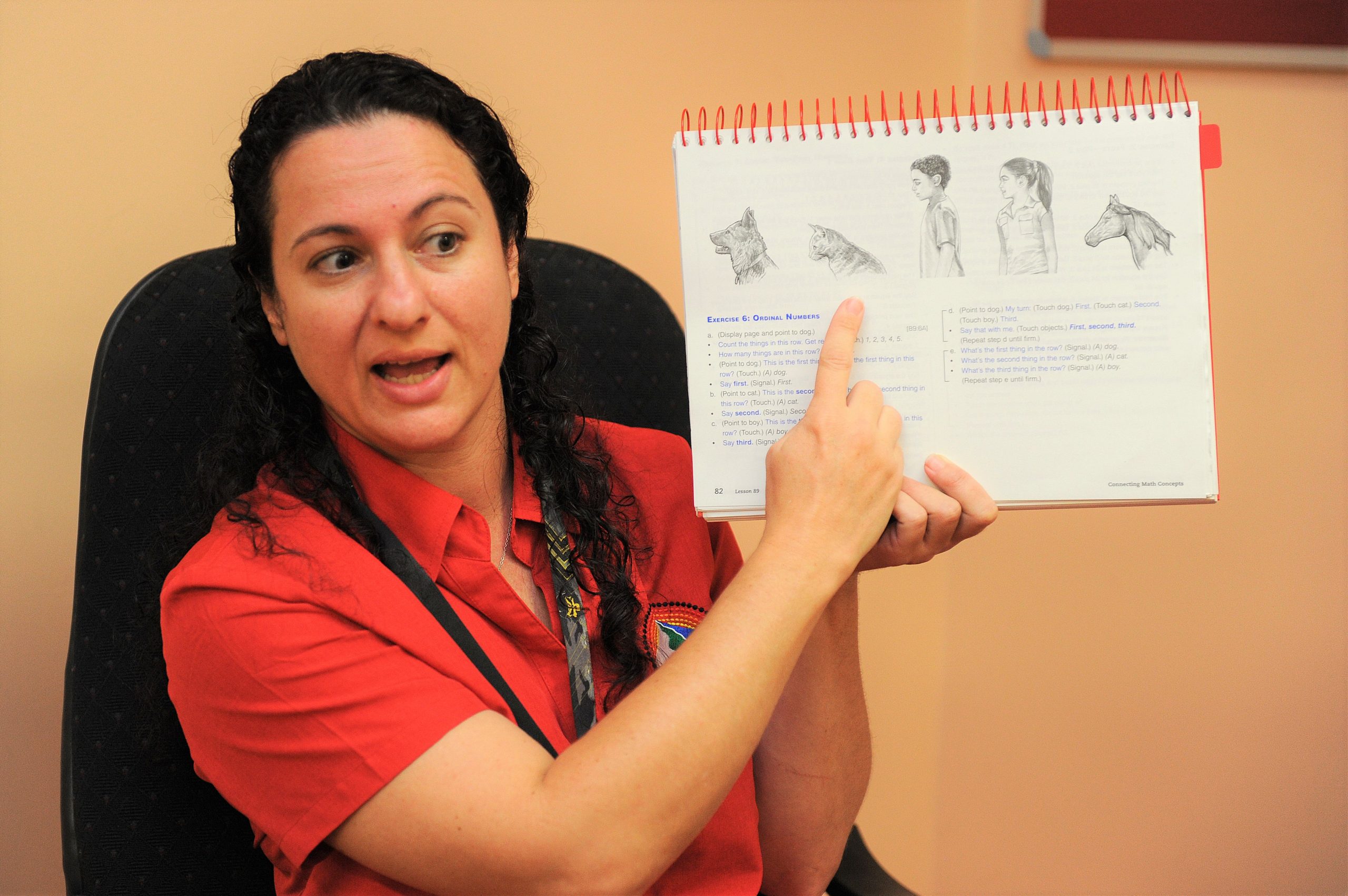
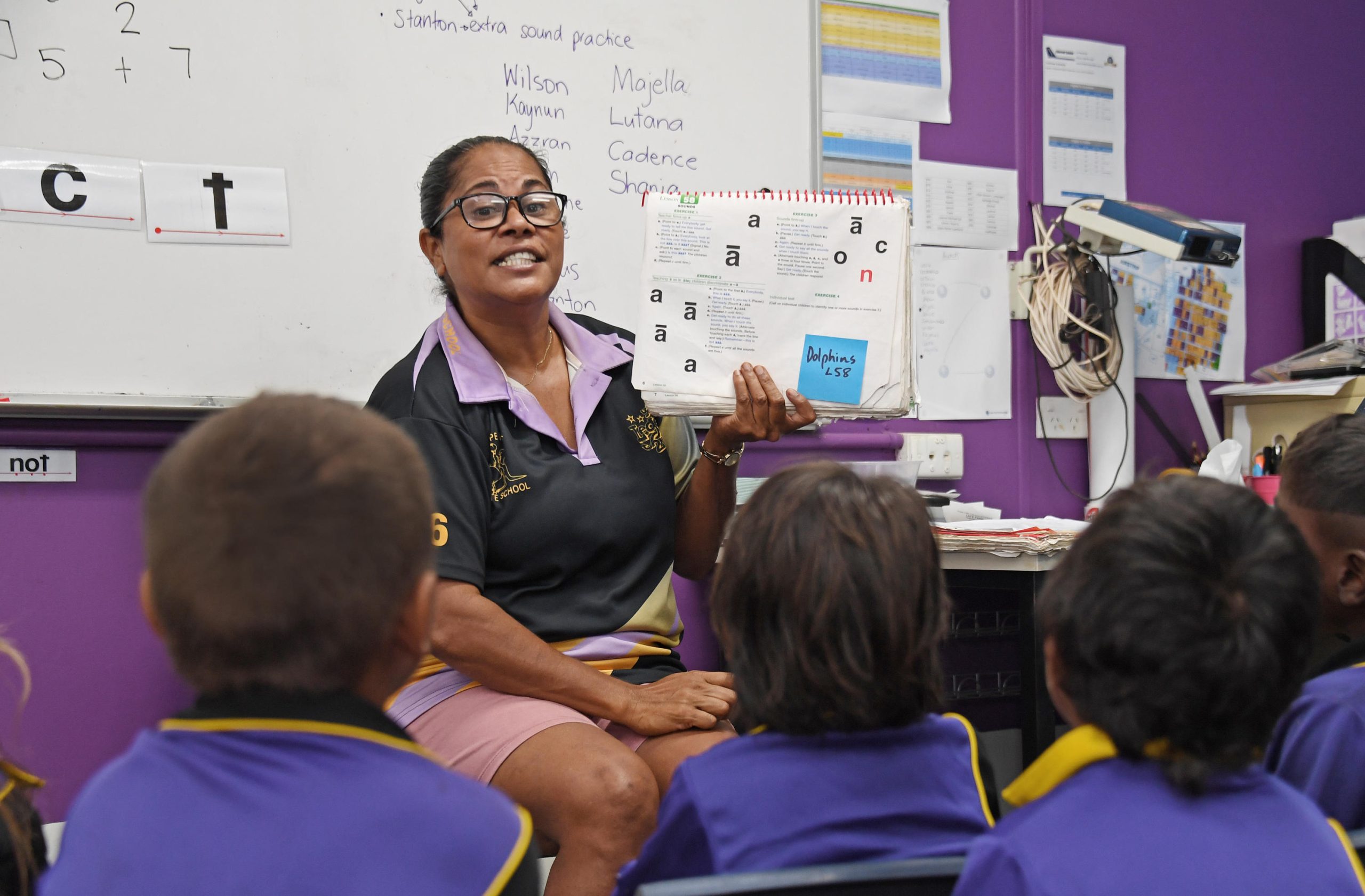
DI Program Modules
- Teach Connecting Math Concepts A-F
- Teach Spelling Mastery A-F
- Teach Reading Mastery Signature Edition K – 5
- Teach Reading Mastery Signature Edition; Language Arts K-5
- Teach Corrective Reading Decoding A-C
- Teach Corrective Reading Comprehension A-C
- Teach DISTAR K
- Teach Reading Mastery Transformations 4-5 Language
- Teach Corrective Mathematics
- Teach Expressive Writing
- Teach Essential Algebra 6+
DI Practice Modules
- Practice Administer Program Assessments
- Practice Use Signals
- Practice Provide Positive Praise and Affirmations
- Practice Remediate and Retest
- Practice Address Specific Group Errors
- Practice Check for Mastery
- Practice Administer Independent Work
- Practice Use Individual Turns
- Practice Set Up Classroom for Teaching
- Practice Use Positive Motivation Strategies
- Practice Apply Improvement and Mastery
- Practice Engage Students in Learning
- Practice Model Student Responses
- Practice Note Responses to Check for Mastery
- Practice Apply Evidence-Based Learnings
- Practice Produce Accurate and Timely Data
- Practice Set Targets and Actions

Mapping Direct Instruction to the Australian Curriculum
Supplementary Curriculum
Curriculum that supplements Direct Instruction programs to bring them to Australian Curriculum requirements, such as swapping out US currency for Australian.
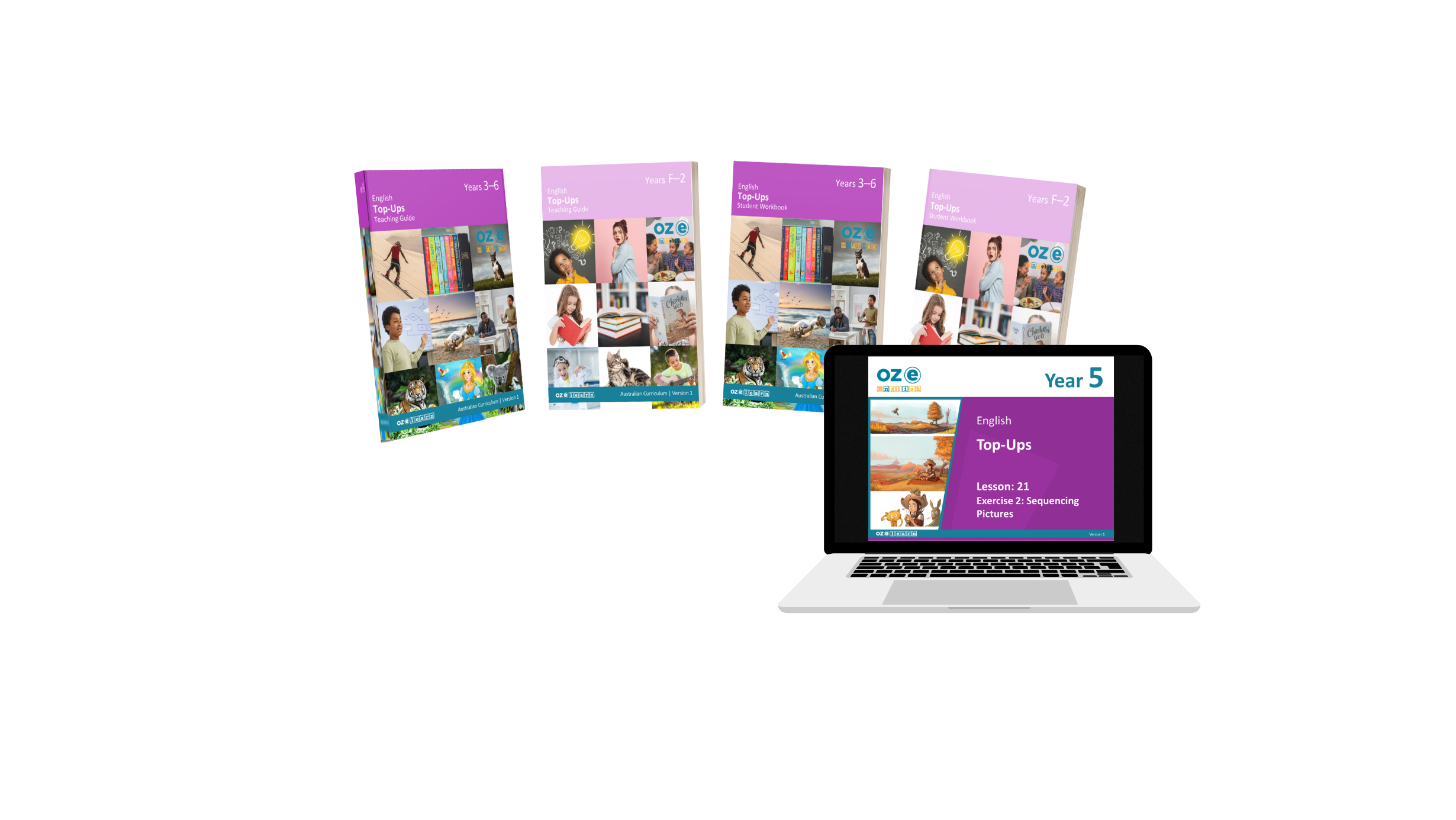
Student Progress Tool for Spelling Mastery
The Student Progress Tool for Spelling Mastery assists schools doing schoolwide implementations of the McGraw Hill Spelling Mastery programs. This tool is just one of the many tools GGSA develops to assists schools in their school improvement initiatives.
It enables schools to record and track lessons for Spelling Mastery programs A to F, enabling teachers to systematically record and track:
- Students’ daily attendance.
- Daily lesson progress with a weekly lesson summary.
- Individual student’s Independent Work scoring.
- Individual student’s assessment.
The completed data sheets can easily be reviewed weekly by the school’s instructional leadership, enhancing their ability to support their teachers and students by using school wide data sets.
They easily identify which groups or individuals are meeting or exceeding standards and which students or groups may need additional support to succeed. They can also use this data to start to pinpoint which teachers may need additional support in delivering the program and in what areas.
The professional learning module Teach Spelling Mastery A-F includes a lesson on how to use the Student Progress Tool for Spelling Mastery and the tool itself includes instructions. If you need further assistance, contact info@goodtogreatschools.org.au
View the Student Progress Tool for Spelling Mastery

DI to Support Special Education
Our special education resources support schools using Direct Instruction programs to assist students with special needs.
GGSA and McGraw Hill Partnership on Direct Instruction
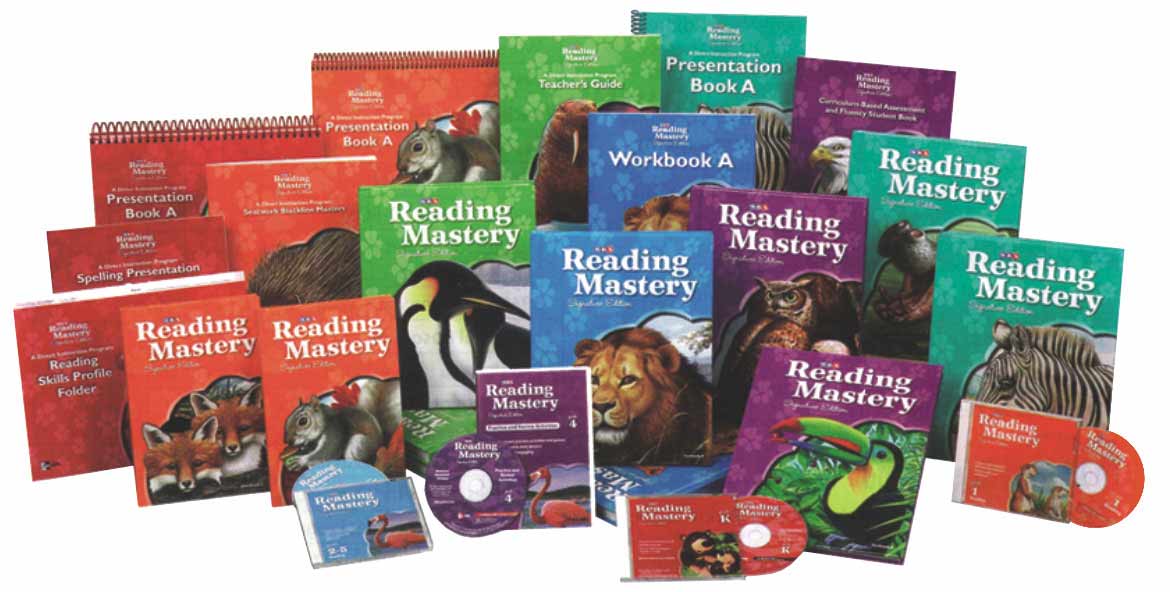
Join the GGSA network now to take advantage of this offer.
To order online, visit: www.mheducation.com.au. To contact your local McGraw Hill Education Consultant, please visit: https://www.mheducation.com.au/support-contact/contact-rep.

About Direct Instruction
It combines explicit teaching with a sequenced curriculum and assessment tools.
Uniquely grouping students by skill rather than age or year, it ensures personalised and effective progression for every learner.
How Direct Instruction Supports Students and Elevates Schools
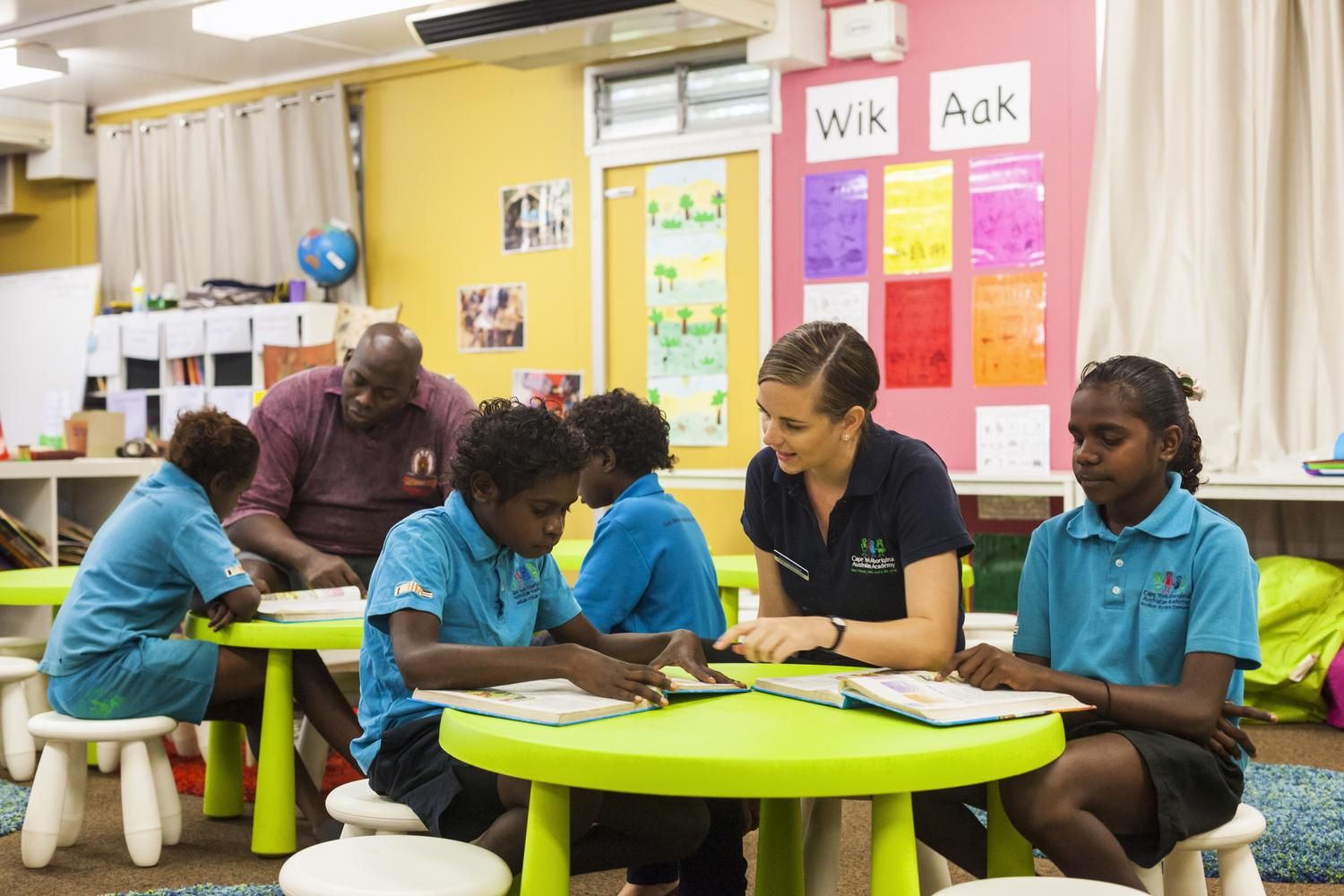

It caters to complex student needs, from foundational reading skills to more advanced learning for older students who may have missed key knowledge in earlier years.
This approach is also beneficial in schools with high teacher turnover, offering new educators well-structured, scripted materials and data monitoring tools for ongoing improvement.

